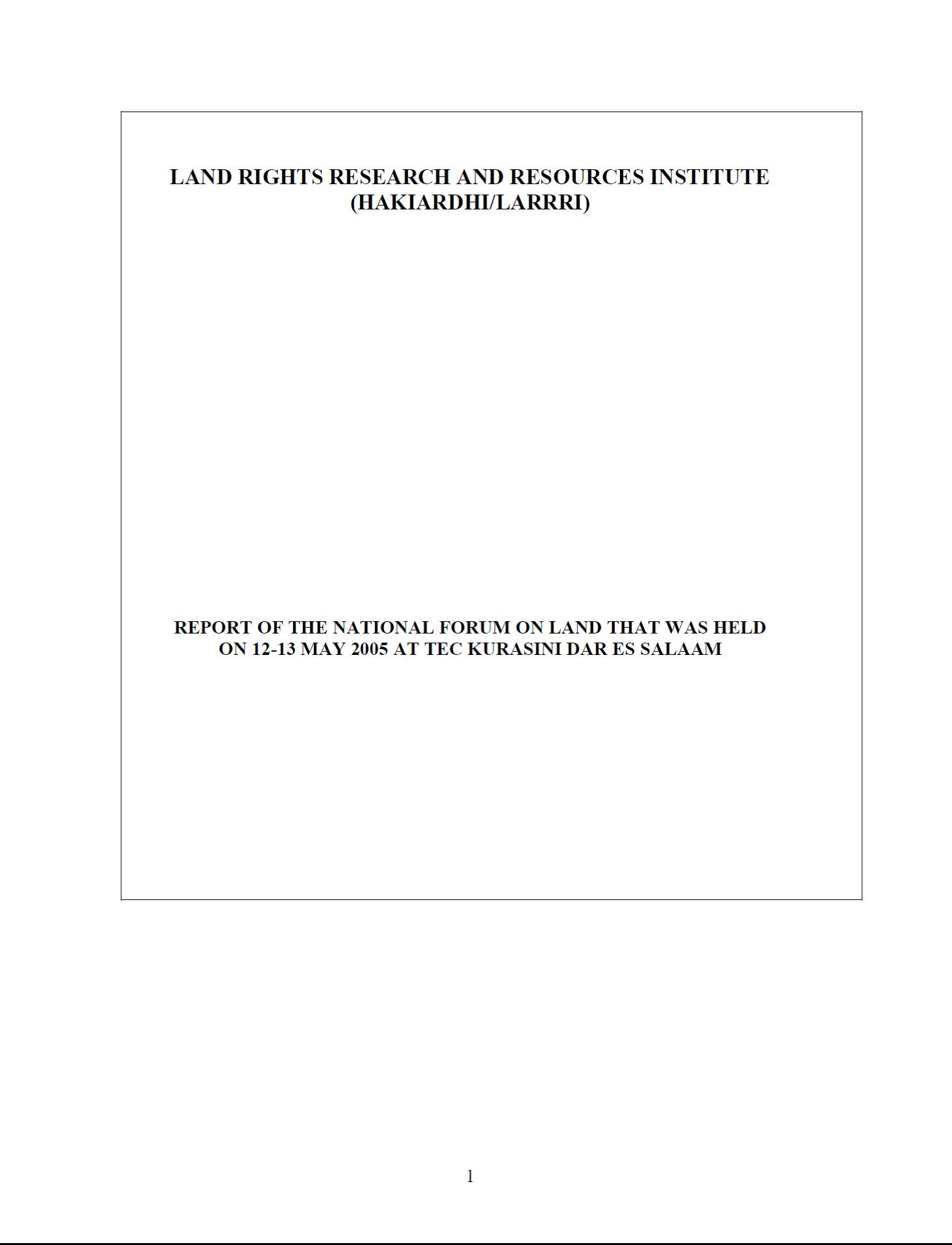Nyaunglebin District: Food supplies destroyed, villagers forcibly displaced, and region-wide forced labour as SPDC forces seek control over civilians
Between October 2004 and January 2005 SPDC troops launched forays into the hills of Nyaunglebin District in an attempt to flush villagers down into the plains and a life under SPDC control. Viciously timed to coincide with the rice harvest, the campaign focused on burning crops and landmining the fields to starve out the villagers. Most people fled into the forest, where they now face food shortages and uncertainty about this year's planting and the security of their villages.






